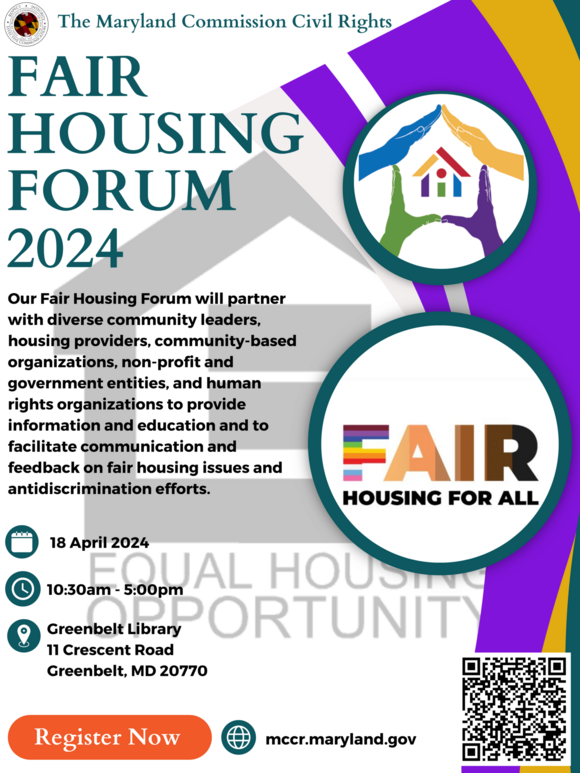Adrianne Todman, Acting Secretary of the U.S. Department of Housing and Urban Development (HUD), released the following statement in commemoration of Fair Housing Month and the signing of the Fair Housing Act of 1968, which prohibits discrimination on the basis of race, color, national origin, religion, sex (including sexual orientation and gender identity), disability, and familial status. “For more than half a century, the federal government has sought to end discrimination in housing through enforcement of the Fair Housing Act. Under the Biden-Harris Administration, the Department of Housing and Urban Development takes its responsibilities under that law and other civil rights laws very seriously and works diligently to ensure people have full access to housing that meets their needs,” said HUD Acting Secretary Adrianne Todman. “Everyone in this country deserves to live free from discrimination, bias, and danger. This Fair Housing Month, we are recommitting ourselves to the important work of protecting individuals and families across America from harm.” This year’s Fair Housing Month theme, Fair Housing: The ‘Act’ in Action, underscores the Biden-Harris Administration’s commitment to combating discrimination in housing, protecting fair housing rights for all who call America home, and redressing our nation’s past discriminatory policies and practices. "This April, we reflect on the hard-fought battle for fair housing and recommit efforts to eliminate discrimination and disparities in housing across our country” said Demetria L. McCain, Principal Deputy Secretary for Fair Housing and Equal Opportunity. “This month and every month, HUD is taking meaningful action to advance housing justice and protect the rights of all people to live free from discrimination in the homes of their choice, regardless of their race, color, religion, national origin, sex (including sexual orientation or gender identity), disability, or familial status.” Each April, HUD recognizes Fair Housing Month alongside communities, fair housing advocates, and fair housing organizations to underscore the significance of the Fair Housing Act, raise public awareness of fair housing rights and responsibilities, highlight fair housing enforcement efforts, and emphasize the importance of creating diverse and inclusive communities. HUD will commemorate Fair Housing Month with an Opening Ceremony on April 11, 2024, at 2:00 P.M. (EDT), that will showcase HUD’s efforts to advance and protect fair housing rights to ensure that all people have the right to obtain the housing of their choice, free from discrimination. Register to attend the Fair Housing Month Opening Ceremony here. There is no cost to register. For a complete listing of HUD Fair Housing Month events and activities, visit: https://www.hud.gov/FHM People who believe they have experienced discrimination may file a complaint by contacting HUD's Office of Fair Housing and Equal Opportunity at (800) 669-9777 (voice) or (800) 877-8339 (Relay). Housing discrimination complaints may also be filed by going to hud.gov/fairhousing. For additional information including educational materials for residents, housing providers and others, visit https://www.hud.gov/ |








